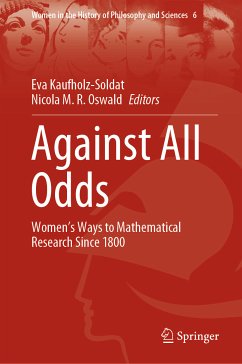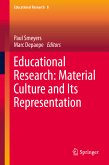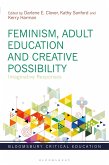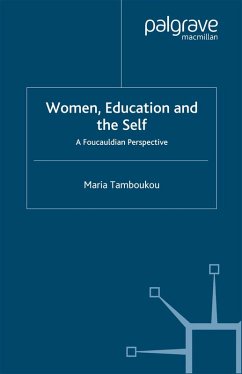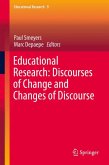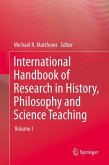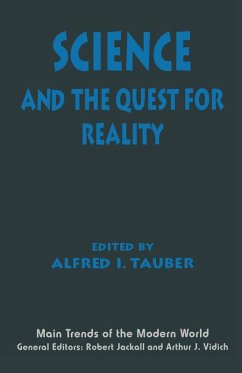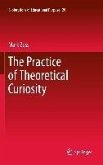The book also offers insights into the various obstacles women faced when trying to enter perhaps the "most male" discipline of all, and how some of them continue to shape young girls' self-perceptions and career choices today. Thus, it will benefit scholars and students in STEM disciplines, gender studies and the history of science; women in science, mathematics and at institutions, and those working in mathematics education.
Dieser Download kann aus rechtlichen Gründen nur mit Rechnungsadresse in A, B, BG, CY, CZ, D, DK, EW, E, FIN, F, GR, HR, H, IRL, I, LT, L, LR, M, NL, PL, P, R, S, SLO, SK ausgeliefert werden.
"Against All Odds: Women's Ways to Mathematical Research Since 1800 offers various historiographic strategies as it ambitiously attends to centering the lives and experiences of women among the vanguard of professional transformations. ... the collection is most commendable for incorporating and advocating for ways of examining the past that will likely prove more effective in encouraging students of mathematics to ask and explore questions of historical, as well as contemporary, significance about their chosen discipline." (K. G. Valente, Metascience, Vol. 30, July 13, 2021)

